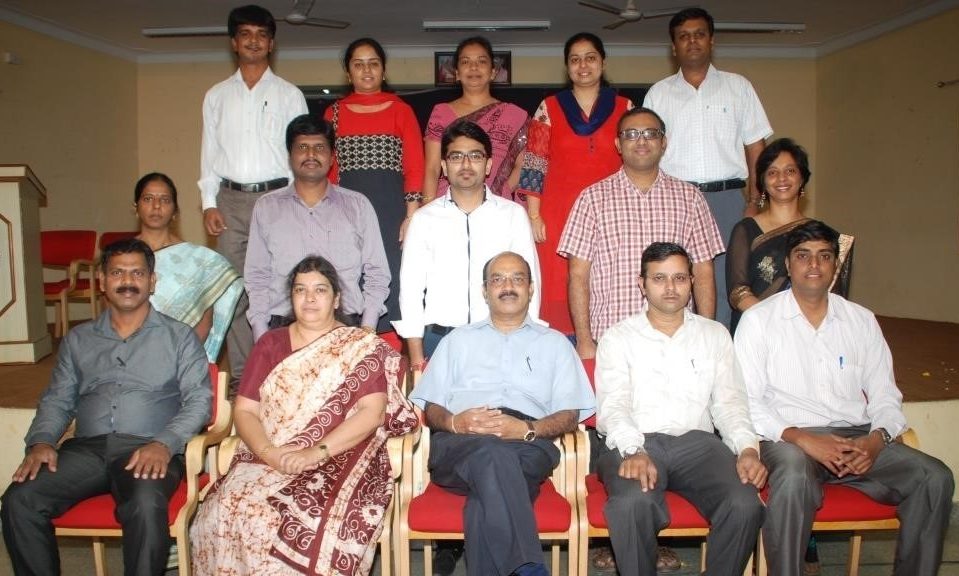• The Department of Information Science & Engineering was established in the year 2000 with an intake of 60 students.
• The department offers one undergraduate program (B.E in Information Science and Engineering) and two postgraduate programs (M.Tech in Software Engineering, M.Tech in Data Science).
• The department has highly qualified faculty members who have rich experience in the area of Data Science, Machine Learning and Computational Intelligence.
• The faculty members have associated with various reputed International Universities like Harvard University, USA, Nanyang Technological University, Singapore, Korean University, Seoul, University of Mannheim, Germany, Georgia University, USA, St. Petersburgh Electrotechnical University, Russia, University of Genova, Italy, Helsinki University of Technology, Finland, Bilkent University, Turkey and many more.
• Faculty members of the department have produced more than 200 research articles in the reputed Journals and Conference proceedings. The published papers have high citation index.
• The department regularly conducts workshops, seminars, symposiums, and faculty development programmme to keep update with emerging technologies.
• The department is housed with high end computing facilities like GPU machines, High End Internet Facilities, wifi facilities, access to reputed journals like IEEE, Springer, Elsevier and many more.
• The students of the department have a good placement record (Around 98% placement during 2016) with reputed companies like Google, Microsoft, Intuit, Flipkart, Adobe and many more.
• Alumni of the department pursue their higher studies within the country as well as abroad and some of the Alumnus are successful entrepreneurs.


